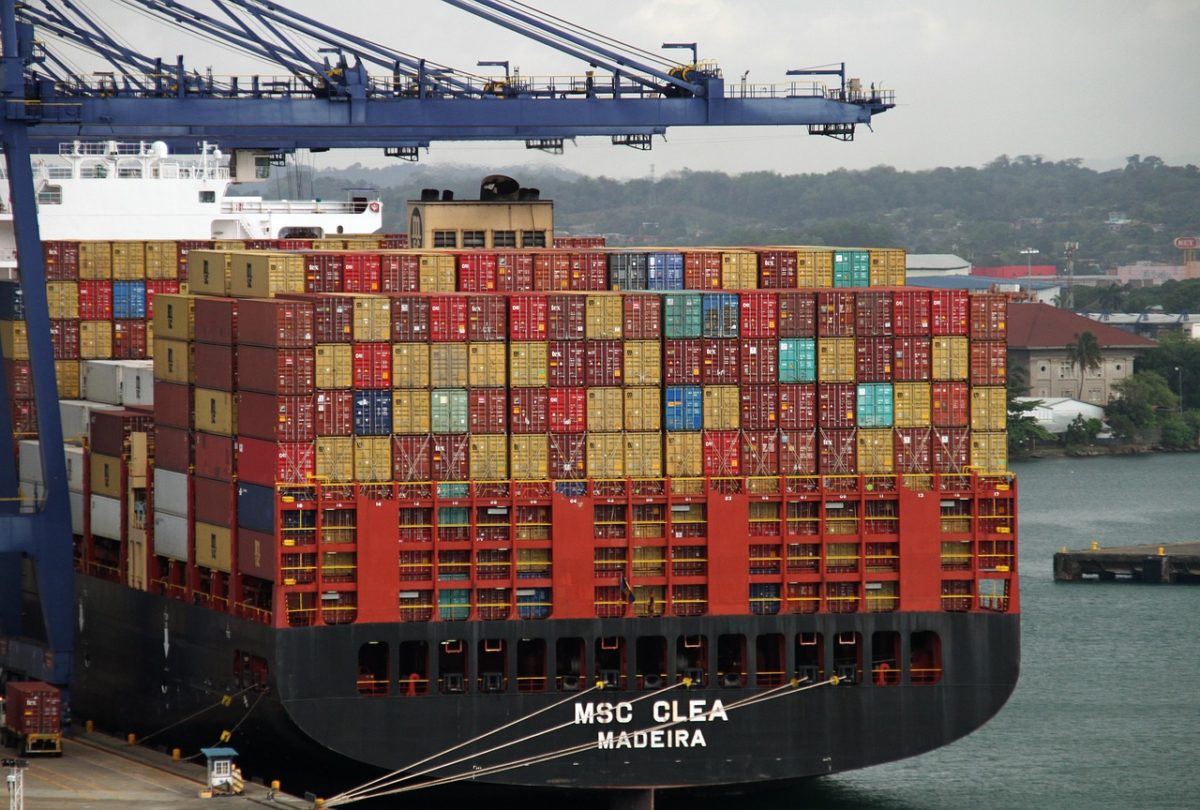From pv magazine USA
Hundreds of detained shipping containers housing roughly 100MW of LONGi solar modules have been released, reports ROTH Capital Partners in an industry note.
On top of the 100MW of LONGi modules released, ROTH also believes that Trina has had the vast majority of its detained product released, if not all of it entirely.
The modules were originally detained under the Withhold Release Order (WRO) applied to silica-based products made by Hoshine Silicon Industry Co. (Hoshine) and its subsidiaries, which was instituted after Customs and Border Patrol identified two indicators of forced labor during its investigation of Hoshine.
The action was taken under Section 1307 of the Tariff Act. Section 1307 prohibits the importation of merchandise mined, produced or manufactured, wholly or in part, in any foreign country by forced or indentured labor, including forced child labor. Such merchandise is subject to exclusion and seizure, and may lead to criminal investigation of the imported goods.
ROTH believes that LONGi may still have more detained product, and the outlook following the release has been mixed, with the industry note describing the release as “a step forward toward more product for utility scale projects that are desperately needing modules.”
Popular content
Just how big of a step it will be still has yet to be determined. ROTH believes this month’s round of anti-circumvention cases being filed against Malaysia, Thailand, Vietnam, and now Cambodia casts a shadow over the ability for LONGi and Trina to actually restart their facilities in SE Asia and to ship to the U.S.
One of the signers of the most recent petition, Auxin Solar, claims that Chinese manufacturers are shipping cells to the aforementioned countries to avoid paying tariffs that have been in place since 2012.
ROTH said under this case, all crystalline-silicon modules from each of the four countries could be subject to a tariff. Unlike the first case, this one is designed to be focused on entire countries, rather than specific companies. This new petition adds Cambodia, as Auxin claimed Chinese companies were moving operations to the country in anticipation of tariffs. Historically, Cambodia contributes less than 3% of all US C-Si module imports.
ROTH also outlines that remaining uncertainty over how the Uyghur Forced Labor Prevention Act will be implemented only compounds the difficulty for LONGi and Trina to re-establish their manufacturing and shipping processes for the US market. The Uyghur Forced Labor Prevention Act would ban all imports from the Chinese region of Xinjiang unless the products are determined to not be connected to forced labor, a time-consuming and costly process.
This content is protected by copyright and may not be reused. If you want to cooperate with us and would like to reuse some of our content, please contact: editors@pv-magazine.com.



2 comments
By submitting this form you agree to pv magazine using your data for the purposes of publishing your comment.
Your personal data will only be disclosed or otherwise transmitted to third parties for the purposes of spam filtering or if this is necessary for technical maintenance of the website. Any other transfer to third parties will not take place unless this is justified on the basis of applicable data protection regulations or if pv magazine is legally obliged to do so.
You may revoke this consent at any time with effect for the future, in which case your personal data will be deleted immediately. Otherwise, your data will be deleted if pv magazine has processed your request or the purpose of data storage is fulfilled.
Further information on data privacy can be found in our Data Protection Policy.